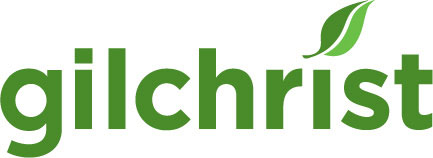Healthcare Decision Making Is More Important Than Ever
Many people put off healthcare decision making, especially if they are relatively young and healthy. But the COVID-19 pandemic is a reminder that serious illness can affect anyone, any time. Thinking through your health care wishes and documenting them in advance is one of the most important things you can do—not only for yourself but for your loved ones.
What Is Healthcare Decision Making?
Healthcare decision making, also known as advance care planning, refers to making plans in advance for deciding how you want to be cared for if you are no longer able to make medical decisions.
Why Is Healthcare Decision Making Important?
Imagine you have a stroke, an accident or a sudden serious illness that leaves you incapable of making medical decisions. Without an advance directive, doctors will either make these decisions for you or, in the best case, look to your family to make them.
Some of these decisions could be heart-wrenching, such as whether you would want to be put on a breathing machine or feeding tube when there is little chance of weaning off of them. Would your family know your wishes? Or would they struggle with the weight of these decisions—perhaps even long after the decision is made?
What if your family members disagreed about what would be best for you? Without an advance directive, your family members will be left to guess what you would want. Whatever they decide, they may later second-guess themselves and live with regret. As you can imagine, leaving these decisions up to your loved ones can be a heavy burden for them to carry.
Most of us would prefer to be given a choice for how we wish to be treated rather than have the choice made for us. By thinking about your wishes now and documenting them, you will free your family from the burden of having to make these difficult decisions in the event that you are no longer able. It will help eliminate disagreement between your loved ones and lessen worry, guilt and regret.
How to Get Started
First, begin conversations with family about your wishes. The Conversation Starter is a useful tool to help you have a conversation with a family member, friend, or other loved one about your wishes for end-of-life care.
It is important to name a healthcare decision-maker. This person will have the legal authority to carry out your wishes. Designating a health care agent will ensure that the person making decisions is the one you want and that they understand your wishes for care at the end of life. Speak(easy) Howard is also an excellent resource for information on naming health care agents.
Advance Care Planning Forms and Resources
Visit the following sites to learn more about advance care planning and the forms that should be completed. Let your loved ones know where your documents are kept or give them copies.
Five Wishes is a comprehensive, easy to use advance directive document. Five wishes addresses all aspects of care: medical, emotional, personal and spiritual.
Maryland MOLST – Medical Orders for Life-Sustaining Treatment – Filling out the MOLST form makes your treatment wishes known to health care professionals. You can state your preference for medical orders such as CPR and comfort care.
Maryland Advance Directives – A guide to Maryland law on planning health care decisions. Several important forms are included. Examples are designating a health care agent, completing a living will and documenting other care preferences.
For more information about advance care planning, visit gilchristcares.org/hospice-resources.


